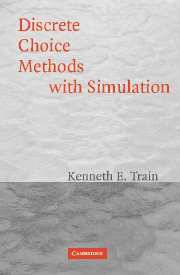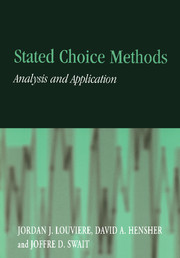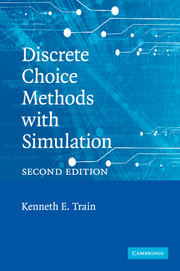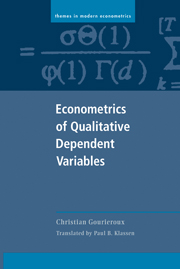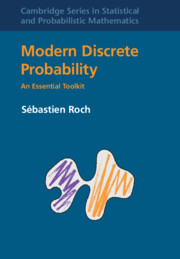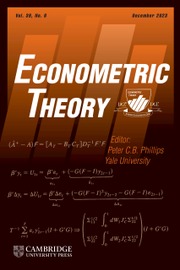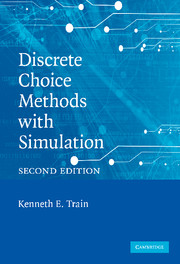Discrete Choice Methods with Simulation
This book describes the new generation of discrete choice methods, focusing on the many advances that are made possible by simulation. Researchers use these statistical methods to examine the choices that consumers, households, firms, and other agents make. Each of the major models is covered: logit, generalized extreme value, or GEV (including nested and cross-nested logits), probit, and mixed logit, plus a variety of specifications that build on these basics. Simulation-assisted estimation procedures are investigated and compared, including maximum simulated likelihood, method of simulated moments, and method of simulated scores. Procedures for drawing from densities are described, including variance reduction techniques such as anithetics and Halton draws. Recent advances in Bayesian procedures are explored, including the use of the Metropolis-Hastings algorithm and its variant Gibbs sampling. No other book incorporates all these fields, which have arisen in the past 20 years. The procedures are applicable in many fields, including energy, transportation, environmental studies, health, labor, and marketing.
- Most up-to-date, rigorous synthesis of subject matter
- Excellent balance between decision theory, analysis, and case studies
- Can serve as reference volume for practitioners as well as classroom text
Reviews & endorsements
'Simulation methods have unshackled discrete choice analysis, breaking down the computational barriers to use of plausible, interpretable models. Kenneth Train provides an excellent road map for both econometric specialists and practitioners through this comprehensive, readable treatment that pulls together the research literature and provides many new and useful results.' Daniel McFadden, Nobel Laureate, University of California, Berkeley
'An outstanding textbook for advanced students and a reference for experienced practitioners of discrete choice analysis. The text covers modern simulation methods that advanced choice modelers should know. The book is blessed by Kenneth Train's unique gift for simplifying and explaining the topic.' Moshe Ben-Akiva, Massachusetts Institute of Technology
'A must have, must read book for academics and practitioners interested in understanding, modelling and predicting decision-making and choice behavior. As we have come to expect from Ken, his new book makes very complex topics accessible to a wide audience. The book covers the basics through to leading-edge thought and work in complex model systems using Bayesian and simulation estimation methods. But wait there's more! There's 'Ken the movie'! You also can watch and listen to Ken's lectures on each topic via his UC Berkeley website and access his lecture notes. An unbeatable package for serious students that sets a new standard in educational communication for the field of probabilistic discrete choice modelling.' Jordan Louviere, University of Technology, Sydney, Australia
'Discrete Choice Methods with Simulation represents a timely and welcome addition to the literature on discrete choice modelling.' Journal of Applied Econometrics
Product details
February 2005Adobe eBook Reader
9780511075230
0 pages
0kg
44 b/w illus. 13 tables
This ISBN is for an eBook version which is distributed on our behalf by a third party.
Table of Contents
- 1. Introduction
- Part I. Behavioral Models:
- 2. Properties
- 3. Logit
- 4. GEV
- 5. Probit
- 6. Mixed logit
- 7. Variations on a theme
- Part II. Esitmation:
- 8. Numerical maximization
- 9. Drawing from densities
- 10. Simulation-assisted estimation
- 11. Individual-level parameters
- 12. Bayesian procedures.

